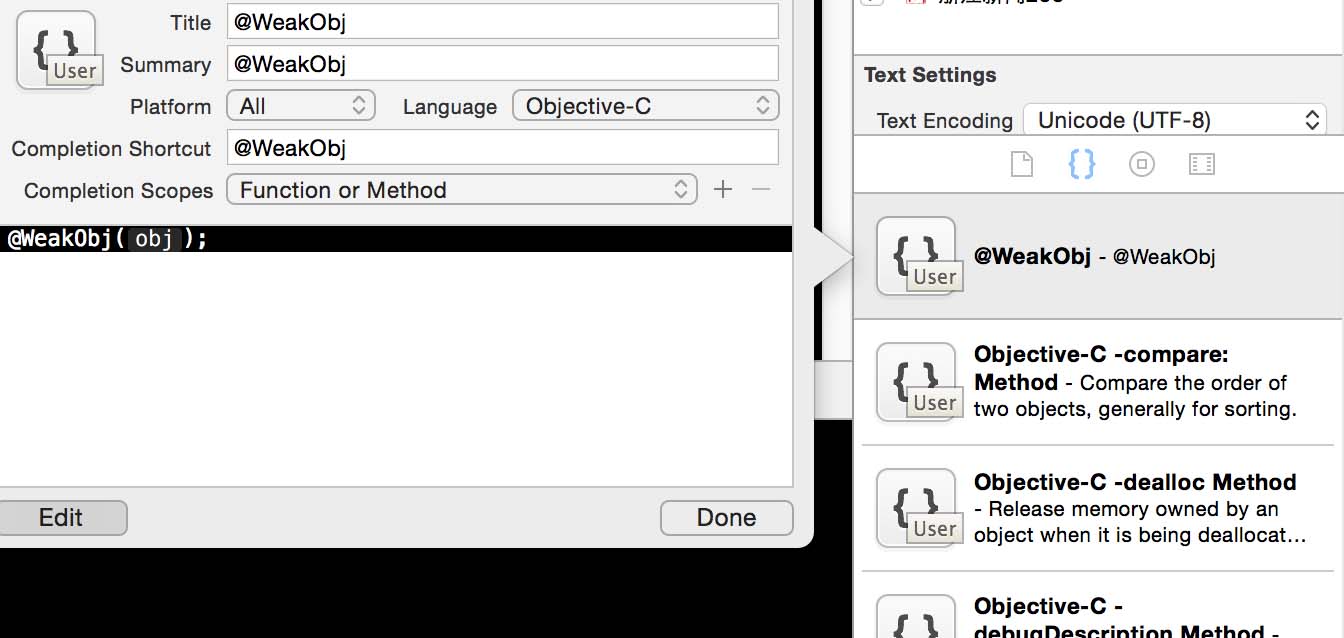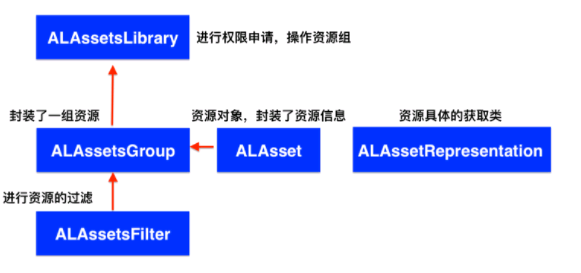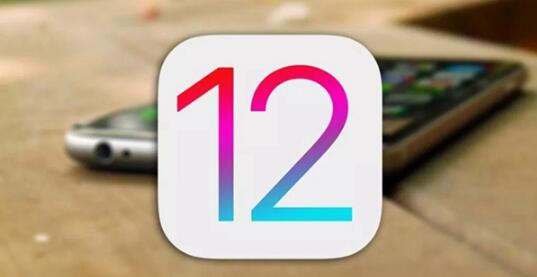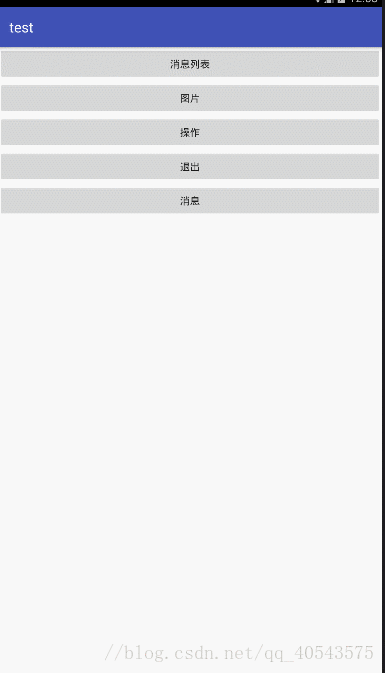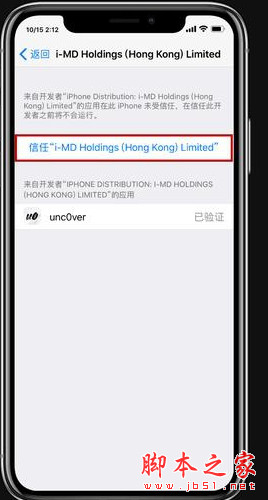WidgetKit
WidgetKit 是 Swift 语言中一款用于构建桌面应用程序的库。它提供了一种简单、快速的方式来构建具有高度自定义能力的桌面应用程序。
WidgetKit
WidgetKit 是 Swift 语言中一款用于构建桌面应用程序的库。它提供了一种简单、快速的方式来构建具有高度自定义能力的桌面应用程序。WidgetKit 的目标是使构建桌面应用程序变得更加容易,同时提供丰富的功能集。
WidgetKit 主要功能
- 自定义主题:
WidgetKit支持自定义主题,这意味着您可以使用自己的主题颜色、字体、图标等来定制您的应用程序。 - 自定义组件:
WidgetKit提供了一组可自定义的组件,如按钮、文本框、标签、进度条等。您可以使这些组件具有您想要的外观和行为。 - 响应式编程:
WidgetKit支持响应式编程,这意味着您可以轻松地处理用户输入和事件。 - 定时器:
WidgetKit提供了定时器功能,允许您在应用程序中设置定时器,以便在指定时间后执行任务。 - 地理位置信息:
WidgetKit支持地理位置信息,允许您通过添加地图图层来显示位置。 - 事件监听:
WidgetKit提供了事件监听功能,允许您监听应用程序中的事件,如用户点击、滚动等。 - 可滚动视图:
WidgetKit支持可滚动视图,允许您显示大量数据并将其滚动到屏幕顶部。 - 多语言支持:
WidgetKit支持多语言,允许您将应用程序翻译成不同的语言。
代码举例
自定义主题
import WidgetKit
class Widget: UIWidget {
override func awake(fromBundle bundle: Bundle?) {
super.awake(fromBundle: bundle)
// 设置主题
setTheme(themeName: "MyTheme", themeColor: UIColor.red)
}
}- 自定义主题是
WidgetKit最基本的功能之一。在此示例中,我们将创建一个名为“MyTheme”的主题,并将其颜色设置为红色。 setTheme方法用于设置主题,该方法接受两个参数:主题名称和主题颜色。- 在应用程序的主窗口中创建一个
WidgetKit视图,然后使用awake方法来初始化WidgetKit。
自定义组件
import WidgetKit
class Widget: UIWidget {
override func awake(fromBundle bundle: Bundle?) {
super.awake(fromBundle: bundle)
// 创建自定义组件
let button = UIButton(title: "点击我")
button.frame = CGRect(x: 100, y: 100, width: 100, height: 50)
button.addTarget(self, action: #selector(buttonTapped), for: .touchUpInside)
widgetContainer.insertWidget(button, at: 0)
}
override func update(_ timestamp: Date) {
// 更新组件的外观和行为
button.setTitleColor(UIColor.white, for: .normal)
button.setTitle("点击我", for: .normal)
button.isUserInteractionEnabled = true
}
@objc func buttonTapped() {
print("按钮被点击")
}
}- 自定义组件是 WidgetKit 的另一个重要功能。在此示例中,我们将创建一个名为“Button”的自定义组件。
- awake 方法用于初始化 WidgetKit。
- 在 update 方法中,我们更新组件的外观和行为。在此示例中,我们将按钮的颜色设置为白色,并将其标题设置为“点击我”。
- @objc 关键字用于标记 buttonTapped 方法为响应式方法。
当用户点击按钮时,将调用 buttonTapped 方法。
响应式编程
import WidgetKit
class Widget: UIWidget {
override func awake(fromBundle bundle: Bundle?) {
super.awake(fromBundle:bundle)
// 创建响应式容器
let container = UIHostingController(rootView: UIViewController())
container.autoresizingMask = [.widthSizable, .heightSizable]
widgetContainer.insertWidget(container, at: 0)
}
override func update(_ timestamp: Date) {
// 更新容器的外观和行为
container.view.frame = CGRect(x: 0, y: 0, width: 200, height: 200)
container.view.backgroundColor = UIColor.red
}
}
- 响应式编程是 WidgetKit 的核心功能之一。在此示例中,我们将创建一个名为“HostingController”的容器组件。
- awake 方法用于初始化 WidgetKit。
- 在 update 方法中,我们更新容器的外观和行为。在此示例中,我们将容器的 frame 设置为红色,并将其颜色设置为红色。
- 使用 UIHostingController 创建一个容器组件,并将其插入到 WidgetKit 视图中。
定时器
import WidgetKit
class Widget: UIWidget {
override func awake(fromBundle bundle: Bundle?) {
super.awake(fromBundle:bundle)
// 创建定时器
let timer = Timer.scheduledTimer(timeInterval: 1, target: self, selector: #selector(widgetDidUpdate), userInfo: nil, repeats: true)
}
@objc func widgetDidUpdate() {
print("定时器触发")
}
}
- 定时器是 WidgetKit 的另一个重要功能。在此示例中,我们将创建一个名为“Timer”的定时器
- awake 方法用于初始化 WidgetKit。
- update 方法用于更新 WidgetKit 组件的外观和行为。
- @objc 关键字用于标记 widgetDidUpdate 方法为响应式方法。
- widgetDidUpdate 方法在定时器触发时被调用,在此示例中,我们将打印一条消息。
地理位置信息
import WidgetKit
class Widget: UIWidget {
override func awake(fromBundle bundle: Bundle?) {
super.awake(fromBundle:bundle)
// 添加地理位置图层
let layer = GMSLayer()
layer.geometry = GMSGeometry.rectangle(rect: CGRect(x: 0, y: 0, width: 100, height: 100))
layer.addressFieldsEnabled = true
layer.geocoding accuracy = .high
widgetContainer.insertWidget(layer, at: 0)
}
override func update(_ timestamp: Date) {
// 更新地理位置图层
layer.center = GMSLocation(location: CLLocation(latitude: 50.0000, longitude: 10.0000), accuracy: .high)
layer.geometry = GMSGeometry.rectangle(rect: CGRect(x: 0, y: 0, width: 100, height: 100))
}
}
- 地理位置信息是 WidgetKit 提供的一种高级功能。在此示例中,我们将创建一个名为“GMSLayer”的图层,并将其添加到 WidgetKit 视图中。
- awake 方法用于初始化 WidgetKit。
- 在 update 方法中,我们更新地理位置图层的位置和精度。在此示例中,我们将地理位置图层的中心点设置为 (50.0000, 10.0000),并将其 geometry 设置为一个矩形。
- @objc 关键字用于标记 update 方法为响应式方法。
当用户通过地图应用程序查找地理位置时,此图层将显示地图和地理位置信息。
事件监听器
import WidgetKit
class Widget: UIWidget {
override func awake(fromBundle bundle: Bundle?) {
super.awake(fromBundle:bundle)
// 添加事件监听器
let button = UIButton(type: .system)
button.setTitle("点击我", for: .normal)
button.frame = CGRect(x: 100, y: 100, width: 100, height: 50)
widgetContainer.insertWidget(button, at: 0)
button.addTarget(self, action: #selector(buttonTapped), for: .touchUpInside)
widgetContainer.addEventListener(for: .update, handler: { (event) in
print("事件监听器触发")
})
}
@objc func buttonTapped() {
print("按钮被点击")
}
}
- 事件监听器是 WidgetKit 提供的一种高级功能。在此示例中,我们将创建一个名为“Button”的按钮组件,并将其添加到 WidgetKit 视图中。
- awake 方法用于初始化 WidgetKit。
- 在 update 方法中,我们使用 addEventListener 方法将事件监听器添加到 WidgetKit 视图中。在此示例中,我们将监听按钮被点击的事件。
- 当用户点击按钮时,将调用 buttonTapped 方法。
- @objc 关键字用于标记 buttonTapped 方法为响应式方法。
在 update 方法中,我们将触发事件监听器,以便在按钮被点击时打印一条消息。
可滚动视图
import WidgetKit
class Widget: UIWidget {
override func awake(fromBundle bundle: Bundle?) {
super.awake(fromBundle:bundle)
// 创建可滚动视图
let scrollview = UIScrollView(frame: CGRect(x: 0, y: 0, width: 200, height: 100))
scrollview.contentSize = CGSize(width: 200, height: 100)
scrollview.delegate = self
widgetContainer.insertWidget(scrollview, at: 0)
}
override func update(_ timestamp: Date) {
// 更新可滚动视图
scrollview.contentOffset = CGPoint(x: 100, y: 0)
scrollview.scrollRect(to: CGRect(x: 0, y: 0, width: 200, height: 100), animated: true)
}
}- 可滚动视图是 WidgetKit 提供的一种高级功能。在此示例中,我们将创建一个名为“ScrollView”的可滚动视图组件,并将其添加到 WidgetKit 视图中。
- awake 方法用于初始化 WidgetKit。
- 在 update 方法中,我们将更新可滚动视图的位置和大小。在此示例中,我们将将可滚动视图的内容偏移量为 100,并将其滚动到顶部。
- @objc 关键字用于标记 update 方法为响应式方法。
当用户滚动可滚动视图时,将调用 update 方法。
以上就是iOS小组件开发-WidgetKit简介的详细内容,更多关于iOS小组件WidgetKit的资料请关注好代码网其它相关文章!

